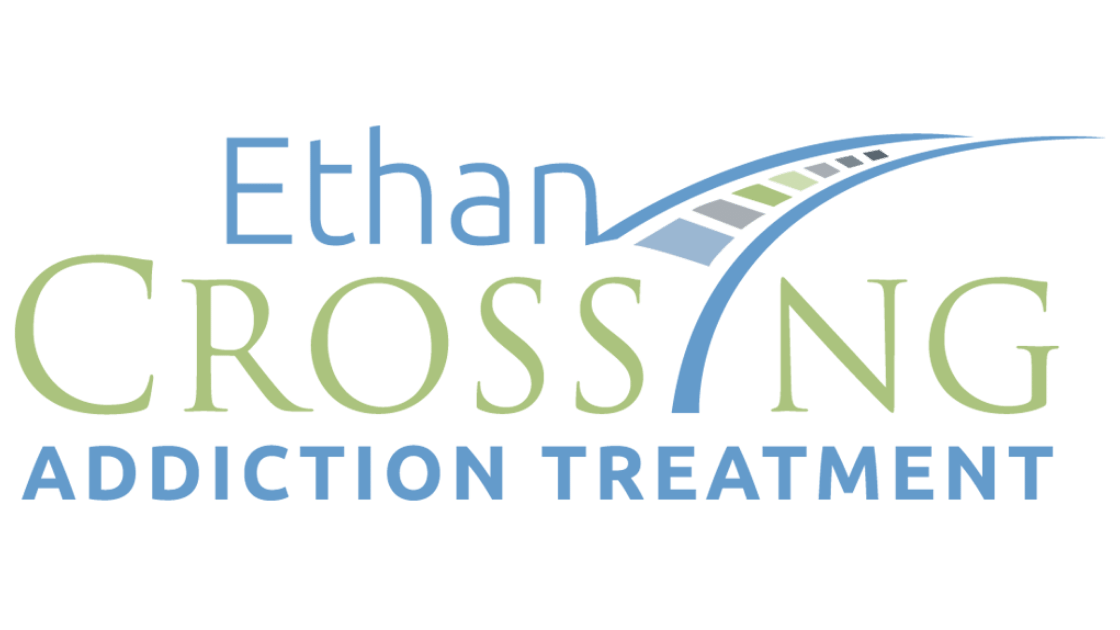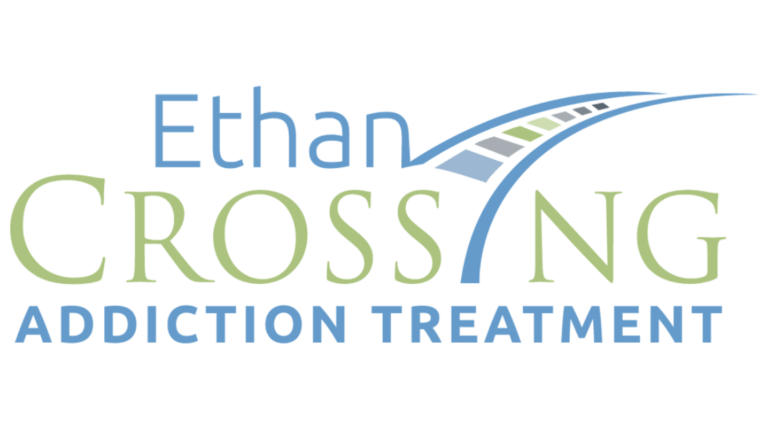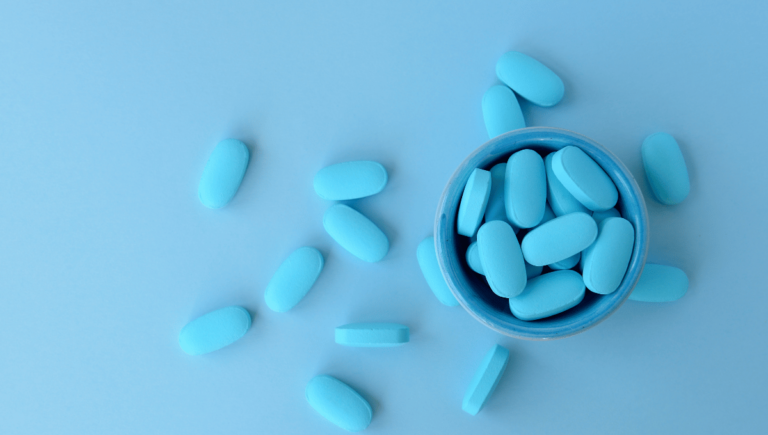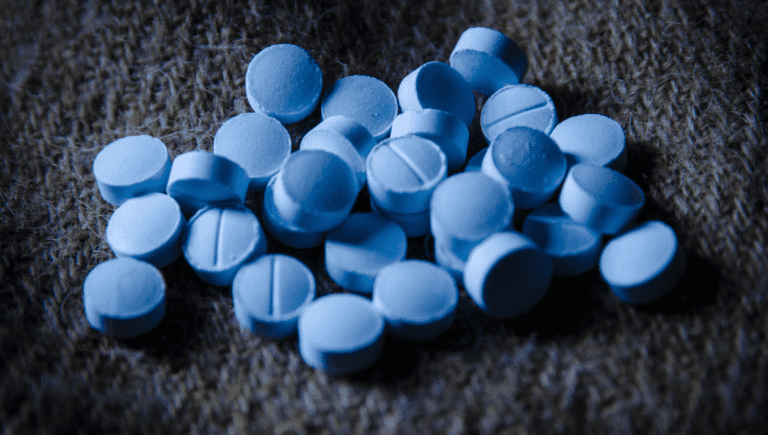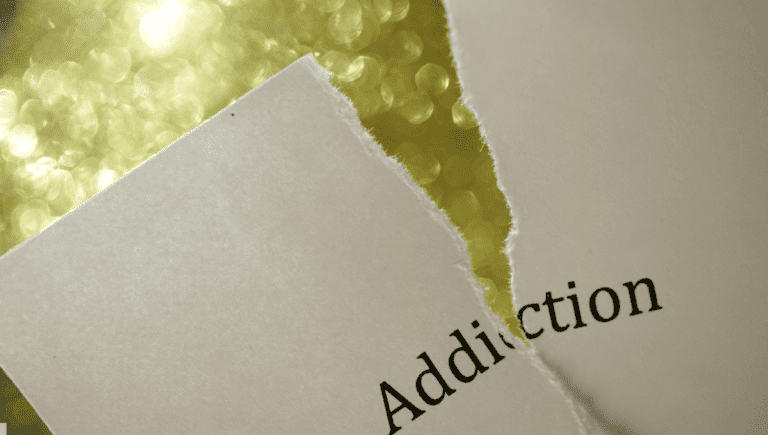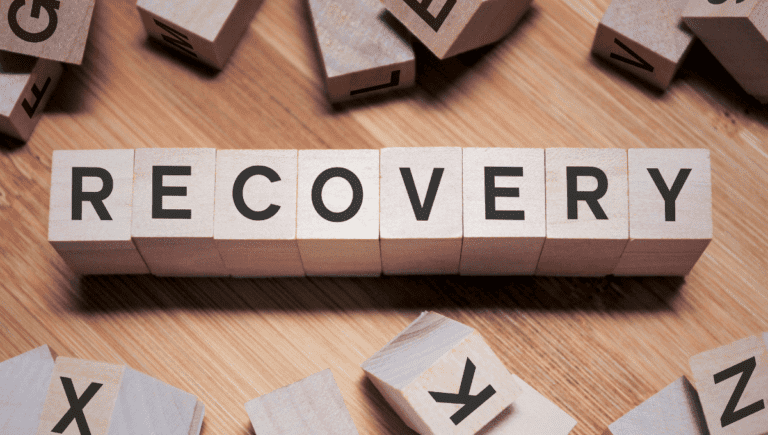Marijuana is the most commonly used illicit drug in the United States. While many people view marijuana as a harmless drug, it can lead to addiction and other serious problems. According to the National Institute on Drug Abuse, about 30 percent of people who use marijuana will develop an addiction.
However, with treatment, people who are addicted to marijuana can learn to abstain from the drug and live healthy lives. Treatment for marijuana addiction typically includes behavioral therapy and counseling. During treatment, people will work with a therapist to identify the underlying causes of their addiction and develop coping mechanisms for dealing with triggers and cravings. With treatment, people who are addicted to marijuana can overcome their addiction and lead sober, productive lives.
Jump To Section
Can You Get Addicted to Marijuana?
Yes, it’s possible to get addicted to marijuana. In fact, some people may be addicted to marijuana without even knowing it. According to the National Institute on Drug Abuse, about 30% of marijuana users may have some marijuana use disorder. Marijuana use disorder is when a person uses marijuana even though it’s causing problems in their life. For example, they may keep using it even though it’s making them late for work or school. Or they may keep using it even though it’s causing problems with their family or friends. Some people with marijuana use disorder will keep using it even though they know it’s harming their health. People who have marijuana use disorder may have some or all of these symptoms:
- Using more of the drug than they want to.
- Trouble controlling their use of the drug.
- Spending a lot of time getting, using, and recovering from the effects of the drug.
- Giving up important activities because of their drug use.
- Continuing to use the drug even though they know it’s causing problems.
- Withdrawal symptoms when they try to quit.
How Marijuana Addiction Treatment Works
Addiction is a complex condition that requires treatment at various levels. Marijuana addiction treatment works by addressing the physical, psychological, and social aspects of the addiction. The first step in treatment is to detoxify the body from the drug. This can be done through a medical detoxification program that uses medication to manage withdrawal symptoms.
Marijuana stays in the system for a while but once the body has detoxed, treatment focuses on helping the individual stay sober. This is done through a combination of counseling, therapy, and support groups. The goal of treatment is to help the individual develop a healthy lifestyle that does not include marijuana use. With the right treatment, people can overcome addiction and achieve sobriety.
Frequently Asked Questions: Benzo Addiction
-
Is Synthetic Marijuana Legal?
Synthetic cannabis mixes have long been available online, at convenience stores, novelty shops, and places that sell drug paraphernalia. Authorities have deemed it unlawful to sell, purchase, or possess certain compounds because the chemicals employed in them have no medicinal benefits and significant potential for misuse. Manufacturers, however, attempt to circumvent these rules by altering the chemical formulations of their concoctions.
-
Is CBD The Same Thing As Marijuana
Cannabidiol is distinct from marijuana (CBD). The dried flowers, leaves, stems, and seeds of the cannabis plant are referred to as marijuana. Along with THC (tetrahydrocannabinol), CBD is one of the several substances that may be found in the cannabis plant. CBD does not result in a “high.”
-
Are Some Ways Of Using Marijuana Safer Than Others?
Each method of taking marijuana has health and safety hazards, and there isn’t enough scientific information to conclude that one method is safer than another. For instance, marijuana smoking might expose you and people nearby to dangerous toxins. The oils and concentrates used in vaping frequently include extremely concentrated versions of THC and may also be contaminated with other drugs.
-
Is Marijuana A Medicine?
Compounds found in the marijuana plant may help relieve some medical conditions. Scientists are still studying how marijuana may benefit or damage individuals, despite the fact that more states are legalizing its usage as a medication for some ailments.
Difference Between Marijuana Detox And Spice Detox
Synthetic marijuana is a mixture of dried, shredded plant material and chemical additives that, when used, produce effects similar to those of marijuana. There is a difference between marijuana detox and spice detox. Synthetic marijuana, also known as k2 or spice, is a much more potent drug than natural marijuana. As a result, spice detox can be more complex and require more time to complete.
Spice detox usually involves a period of withdrawal followed by intensive therapy to address the underlying causes of addiction. Marijuana detox, on the other hand, is typically much less intense and can be completed in a matter of days. However, both k2 spice detox and marijuana detox can be successful if the individual is committed to getting clean and sober.
How Marijuana Legalization Affects Addiction
The legalization of marijuana has been a controversial topic for many years. Some people argue that it will lead to increased drug use and addiction, while others contend that it will provide relief for people with chronic pain. However, the evidence is still inconclusive. A recent study published in the journal Drug and Alcohol Dependence found no increase in marijuana use among adults in states where it was legalized.
However, the study found an increase in use among young adults aged 18-25. This is not surprising, as young adults are more likely to experiment with new substances. It is still too soon to tell how marijuana legalization will affect addiction rates in the long term. However, if more young adults begin using marijuana regularly, we may see an increase in addiction rates.
Sources
No sources were found for this page.
